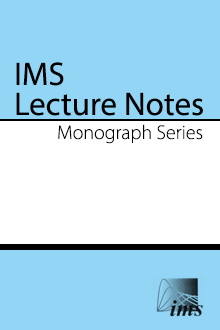Abstract
Generalized t-tests are constructed under weaker than normal conditions. In the first part of this paper we assume only the symmetry (around zero) of the error distribution (i). In the second part we assume that the error distribution is a Gaussian scale mixture (ii). The optimal (smallest) critical values can be computed from generalizations of Student's cumulative distribution function (cdf), $t_n(x)$. The cdf's of the generalized $t$-test statistics are denoted by (i) $t_n^S (x) $ and (ii) $t_n^G (x)$, resp. As the sample size $n \to \infty $ we get the counterparts of the standard normal cdf $\Phi(x)$: (i) $ \Phi^S (x):= \operatorname{lim}_{n\to \infty} t_n^S (x)$, and (ii) $ \Phi^G (x):= \operatorname{lim}_{n\to \infty} t_n^G (x)$. Explicit formulae are given for the underlying new cdf's. For example $ \Phi^G (x) = \Phi(x) $ iff $ |x| \ge \sqrt 3 $. Thus the classical 95\% confidence interval for the unknown expected value of Gaussian distributions covers the center of symmetry with at least 95\% probability for Gaussian scale mixture distributions. On the other hand, the 90\% quantile of $\Phi^G$ is $ 4\sqrt3/5 = 1.385\dots > \Phi^{-1}(0.9)=1.282\dots$.
Information
Digital Object Identifier: 10.1214/074921706000000365


